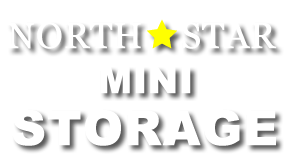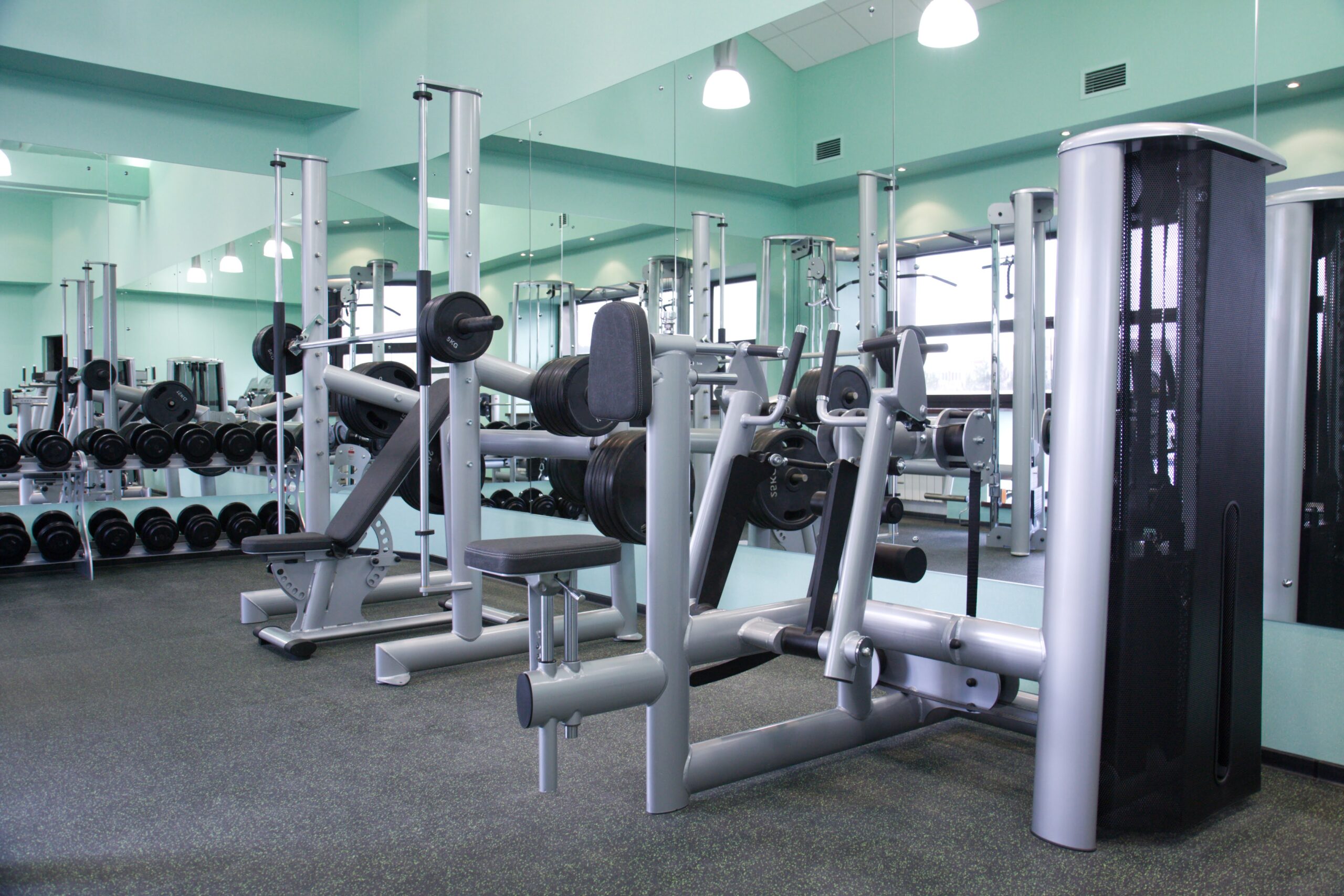Why A Fitness Entrepreneur Should Use Self-Storage
How can a self-storage unit rental help your physical fitness business? Whether you’re a personal trainer, own a martial arts studio, teach Pilates, or have another body-building business, take a look at what you need to know about the benefits and uses of self-storage.
What Are the Reasons to Use Self-Storage?
Why should a physical fitness business owner choose to rent a self-storage unit? Not every fitness company needs this off-site option. But your business could benefit from a rental unit if:
- You sell products. Even though lessons, activities, or athletics are the mainstay of your business, your company may also have a retail end. Whether you sell t-shirts, water bottles, or sparring equipment, you can store the overflow in a rental unit.
- You rotate equipment. Do you always use all of your gym equipment? If you rotate it out on a set schedule or have seasonal pieces, you can use a self-storage unit to keep the extra items out of your school or studio.
- You have limited space availability. Your clients need room to move as they work out. But your space is cramped. Don’t add to the clutter with unnecessary items. Instead, store them off-site.
- You have an overflow of paperwork. Do you have client agreements, marketing materials, and other types of business-related paperwork everywhere? You could add file cabinets to your gym—or you could store these documents in a rental facility.
- You prefer a clean aesthetic. Does the idea of karate uniforms, extra weights, or anything else your fitness business needs sitting out in the open make you uncomfortable? Off-site storage can help you to keep a clean interior aesthetic.
- You work from home. Do you own a home-based personal training business? Instead of storing business-related items, use the rental to hold household belongings that you don’t want on view.
- You own a mobile business. If you go to your clients, you may not have the space to hold a wide variety of equipment. Before you fill your car with gear or leave it at home, consider a self-storage rental.
Now that you know more about the reasons to use (and benefits of) a rental it’s time to take the next step and learn about moving your inventory, equipment, paperwork, or other fitness business items into self-storage.
How Can a Fitness Entrepreneur Use Self-Storage?
The answer to this question depends on the reasons for using self-storage, the type of physical fitness business you own, and your regular inventory. Even though using self-storage may look somewhat different for different business owners, you will find some similarities in the process. If you’re new to self-storage or just not sure how to store your fitness business items, follow these easy tips:
- Create a master inventory before you store. Where are the extra yoga mats, practice targets, weights, or t-shirts you ordered? You don’t want to ask this question over and over again. A master inventory helps you to know what is and isn’t in storage.
- Choose the right unit. Do you have temperature or humidity-sensitive fitness equipment to store? If you answered “yes,” then you need a climate-controlled rental unit. Climate controls can reduce the risks of warping, rotting, cracking, and other damage.
- Use clear plastic bins. Not only are plastic bins sturdier than cardboard boxes, but clear plastic also allows you to see everything inside. This makes it easier to quickly find inventory in storage.
- Label everything. Along with using clear plastic bins, writing labels on your for-storage containers can make it easier to locate equipment and other items in a rental unit.
- Place the labels in an easy-to-see spot. A label on the bottom of a box or the top of a stackable container won’t help you quickly find what you need to remove from storage. Make sure the label is noticeable and easy to read.
- Cover gym equipment. Bulky equipment won’t fit inside boxes or bins. But this doesn’t mean you should store it as-is. Reduce the risks of dust and debris in storage and cover your equipment with moving quilts or blankets.
- Place everything you will need soon in front. You don’t need to waste time moving boxes and bins around the unit. If you have the equipment, retail items, or other gear that you will use soon or often, keep it towards the front of the rental unit.
Entrepreneurs who will use self-storage to hold documents or paper marketing materials (such as brochures and business cards) should choose a safe way to keep these items separate from other fitness gear. A traditional file folder, filing cabinet, or bin with hanging dividers can help you to organize and store your documents easily.
Are you ready to rent a self-storage unit for your physical fitness business? Contact North Star Mini Storage today for more information about unit sizes and options.



